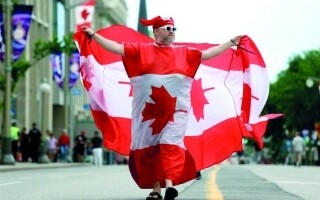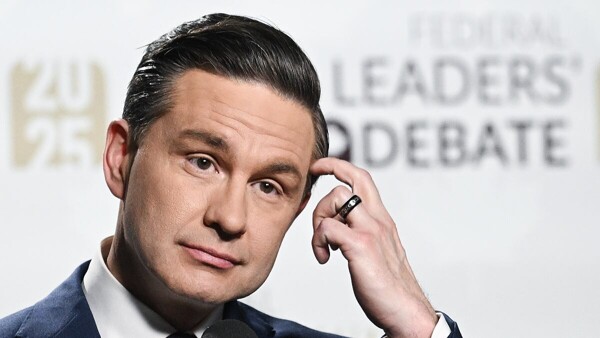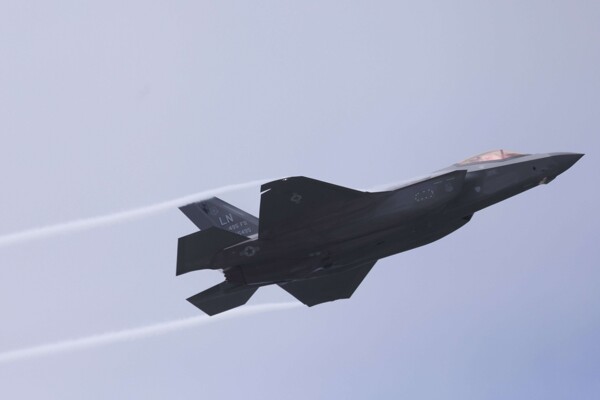
The reaction to the proposal from U.S. President Donald Trump regarding the accession of Canada to the United States provoked anger in the northern neighbor. Since Trump's inauguration on January 20 of this year, relations between the countries have remained tense. At the grassroots level, there was virtually full consensus on the independence and unique identity of Canada.
Last week in Montreal, one person raised the Canadian flag and stood in front of the public. He stated that he is neither a lumberjack nor a trade mechanic, he has a prime minister, not a president, he speaks English and French, but not American, and he uses words in the English peculiar to him. This led to an increase in the audience, which at first showed indifference, but then the person on the scene declared: "Canada is the second largest territory by size; it is the first in hockey and the best part of North America," and added, "They call me Joe, and I am Canadian."
At the time of the announcement of the Canadian beer Molson, which was widely known in local media in 2000, its identity and sovereignty are under threat, and the advertising returns to public awareness. In recent weeks, national feelings of Canadians have awakened in response to Trump's threats of possible accession of Canada to the U.S.
President Trump began his diplomatic attack even before taking office, doubting the value of Canada, proposing its accession to the U.S. and labeling Prime Minister Justin Trudeau as a "governor." In response to this, Canadians have found ways to express their discontent, including national actions and caricatures.
In the era of emphasizing the national identity of Canada, the situation has become increasingly noticeable in the context of historical injustice towards indigenous peoples, complicating the situation. Nevertheless, Canadians affirm their tradition of their country and patriotism through purchases of domestic products and actions to support their identity and culture.














